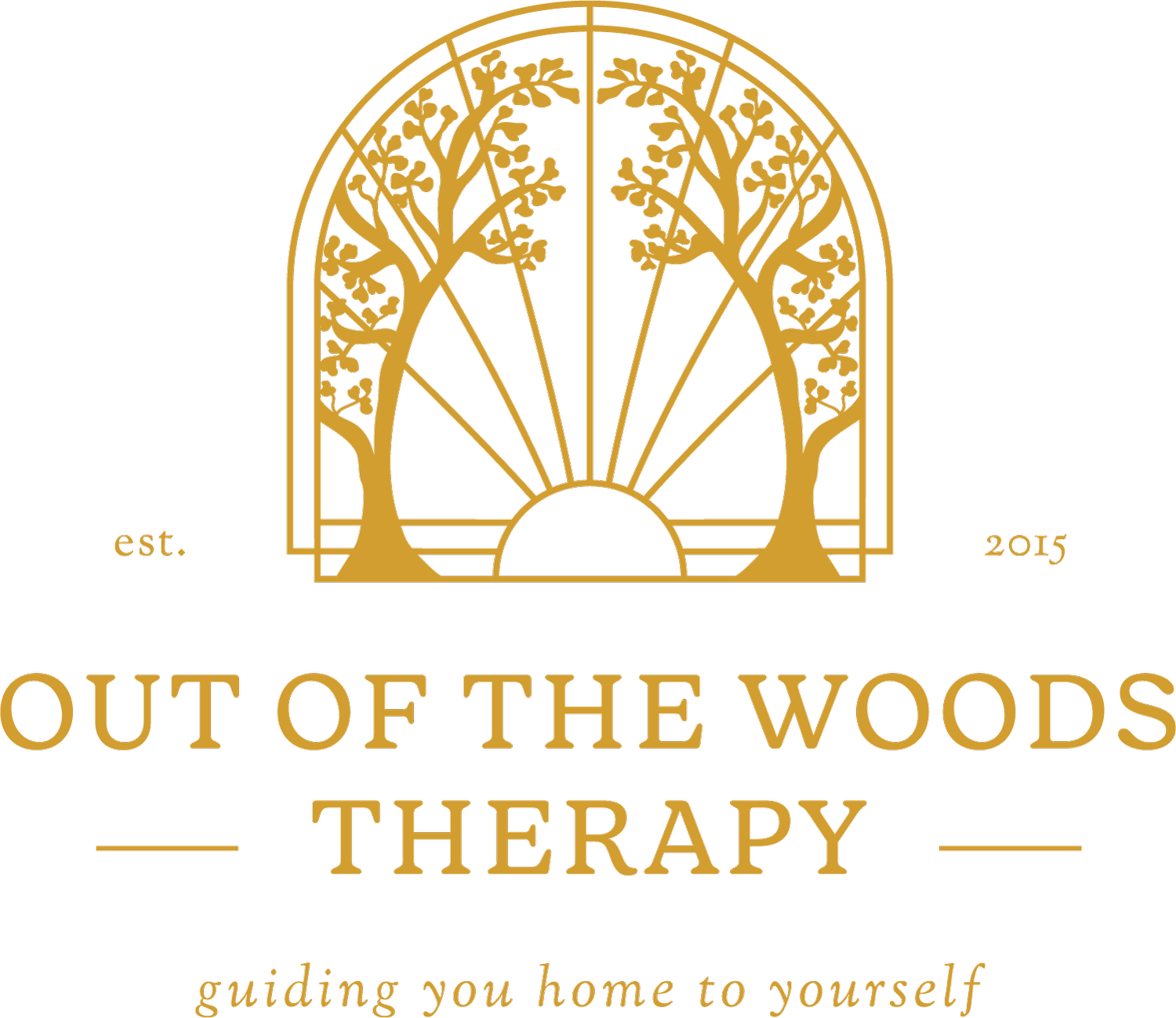According to Carl Rogers, having unconditional positive regard for every client is essential to the effectiveness of the therapeutic relationship.
As a therapist trained in human sexuality, I tend to have a lot of interesting conversations about sex. I’m not just talking about with my clients, of course, because I have plenty of people in my life who want to engage me in discussions about sex and sexuality. (And yes, I can be a lot of fun at parties).
Sex is an interesting topic that is often incredibly personal - so I feel honored that people feel comfortable talking with me about their own sexual stuff.
From these various conversations, the number one underlying issue that I see when it comes to sexual issues or concerns involves a powerful force known as shame.
Think about shame as this invisible assailant who can overwhelm a person to the point where they feel shut down or unable to take action. It can be devastating. Guilt, on the other hand, which is often confused with shame, will cause a person to take action out of this sense of feeling bad and wanting to make amends of some sort. Guilt is more of an action-oriented force while shame will make a person want to hide under the covers and hope nobody notices.
Here are some ways I’ve encountered
sexual shame in others:
Internalized Homophobia - One of the most heartbreaking statements I’ve ever heard someone say was, “I am an abomination.” And they really believed it at the time.
Underlying questions of: Am I okay? or Is this okay? about sexual behaviors- for example, “I get turned on by this particular kink…but I think it’s really weird.”
Sexual abuse survivors often (not always, but often) express a variety of shame-based feelings.
Statements like, “My body isn’t performing as it should and therefore I’m not man-enough (or woman-enough or person-enough); I’m somehow broken and it’s all my fault.”
Slut-Shaming - “If I tell my partner (or anyone) the truth about my sexual history, they won’t accept me and they’ll think I’m a total slut.”
Sexual shame is particularly powerful because it tends to rob people of accepting sexual pleasure. It can create inhibition, insecurities, or isolation. It can convince someone that the sexual abuse they experienced was somehow their fault. It can convince a person that they are fundamentally flawed because they were taught that their desires are wrong. It can impact relationships and cause great divides between people.
Because shame causes us to hide, it can be especially challenging for a person to communicate these feelings or parts of themselves. Think about how destructive that can be for relationships - because when there is no communication, the only thing people have to operate on is their imaginations. While it’s very typical (and probably an inherent biological survival function) for humans to create assumptions, imagine what would happen if we only operated on our assumptions.
I believe that the first step in overcoming shame is to realize what it is, where it comes from, and how it is causing destruction on the self and relationships. Identifying that the shame is impeding the healing process can help to unblock movement towards goals. Overcoming shame almost always involves some form of self-acceptance. This can be challenging because it can involve undoing years of negative self-talk that may be based on repetitive messages a person has heard from their families, their communities, or other various cultural associations.
It takes so much courage to fight shame of any kind, but sexual shame is a particularly challenging force because it is so deeply personal and because it can often stay hidden unless we decide to take the risk of reaching out. It can take an immense amount of trust to talk about issues involving sexual shame. I believe that trust can be built only when a person has room to be who they are and feel that they are accepted without conditions. And from earning that trust, my hope is that I can help people to overcome that shame and put it to rest for good.
My secret weapon against sexual shame involves earning trust by offering what Carl Rogers referred to as unconditional positive regard. Trust is not always easily earned nor easy to give in every situation. The entire time I’ve been writing this, for example, I’ve been thinking about whether or not I believe there are exceptions to fighting shame. I considered the people who experience shame as a result of having done something very harmful towards someone else (such as a perpetrator of sexual violence). My thoughts on this are that it would still be beneficial to fight the shame and turn it into something else - something healing. Societally, we need to do a better job of addressing and treating sexual shame of that nature, too, so that people may receive better treatment options and increase potential for prevention of sexual abuse.


